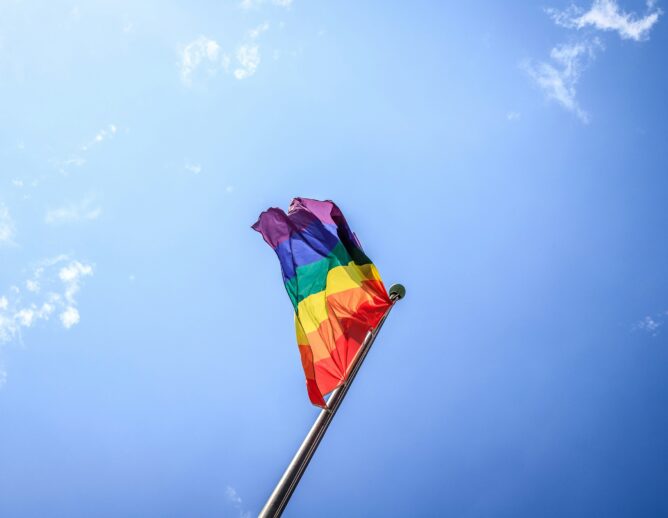On December 17, Colombia’s Constitutional Court ruled that health care providers must provide survivors of sexual violence with immediate, comprehensive, confidential and free medical services. The decision is particularly important for sexual violence survivors who have been displaced by the armed conflict in Colombia, as they are more likely to face a daunting array of obstacles when accessing medical services.
Official data on violence against women in Colombia, especially on sexual violence related to the conflict and displacement, are limited. However, according to recent surveys, almost 48% of displaced women reported suffering domestic violence and more than 9% reported being raped by someone other than their partner. This compares to 37% of women in the general population who reported intimate partner violence, and 6% who reported rape by someone other than their partner.
Women and girls who experience sexual violence face numerous obstacles when attempting to access health care, justice, and other protection services. For example, 80% of survivors do not report sexual violence because the justice process can take up to 15 years, and the victim often bears the burden of proof. According to a 2012 Human Rights Watch report, displaced women and girls who are survivors of sexual violence face additional obstacles because they are often unfamiliar with health and justice institutions in their new locations. Many have little money for transportation and other costs associated with seeking services, lack trust in government authorities, and fear retribution from their attackers.
In 2012, Colombia’s Minister of Health created a protocol that made it mandatory to provide survivors of sexual violence with access to a full range of quality medical services, including abortion and emergency contraception. However, implementation of the protocol was inconsistent. Between 2012 and 2014, 40% of the 48,000 women who reported sexual violence in Colombia did not have access to adequate medical services.
As a result, Congress passed Law 1719 in 2014, intending to afford additional protections to survivors of sexual violence. Law 1719 succeeded in guaranteeing survivors’ privacy and confidentiality and recognizing that sexual violence can, under certain conditions, be considered a crime against humanity. However, Law 1719 also made the delivery of quality health care by providers to sexual violence survivors under the protocol optional, rather than mandatory.
In response, Women’s Link Worldwide, DeJusticia, Corporacion Humanas, Mesa por la Salud y la Vida de las Mujeres, and Casa de la Mujer challenged the constitutionality of Law 1719, arguing that it violates the human rights of sexual violence survivors. Colombia’s Constitutional Court agreed with the petitioners in Decision C-754, establishing that health care providers are obligated to deliver the comprehensive services that sexual violence survivors need for their physical and mental recovery.
Decision C-754 challenges the notion that sexual violence in Colombia is tolerated or even accepted by the government, especially in the context of the armed conflict. As the country moves towards lasting peace and democracy, it must continue to give priority to fully meeting the needs of sexual violence survivors. Failing to do so will hinder Colombia’s ability to move past its violent history, as was the case in both Guatemala and Peru.




